New research shows that there may be a new way to attack bacteria – and prevent them from becoming resistant to antibiotics.
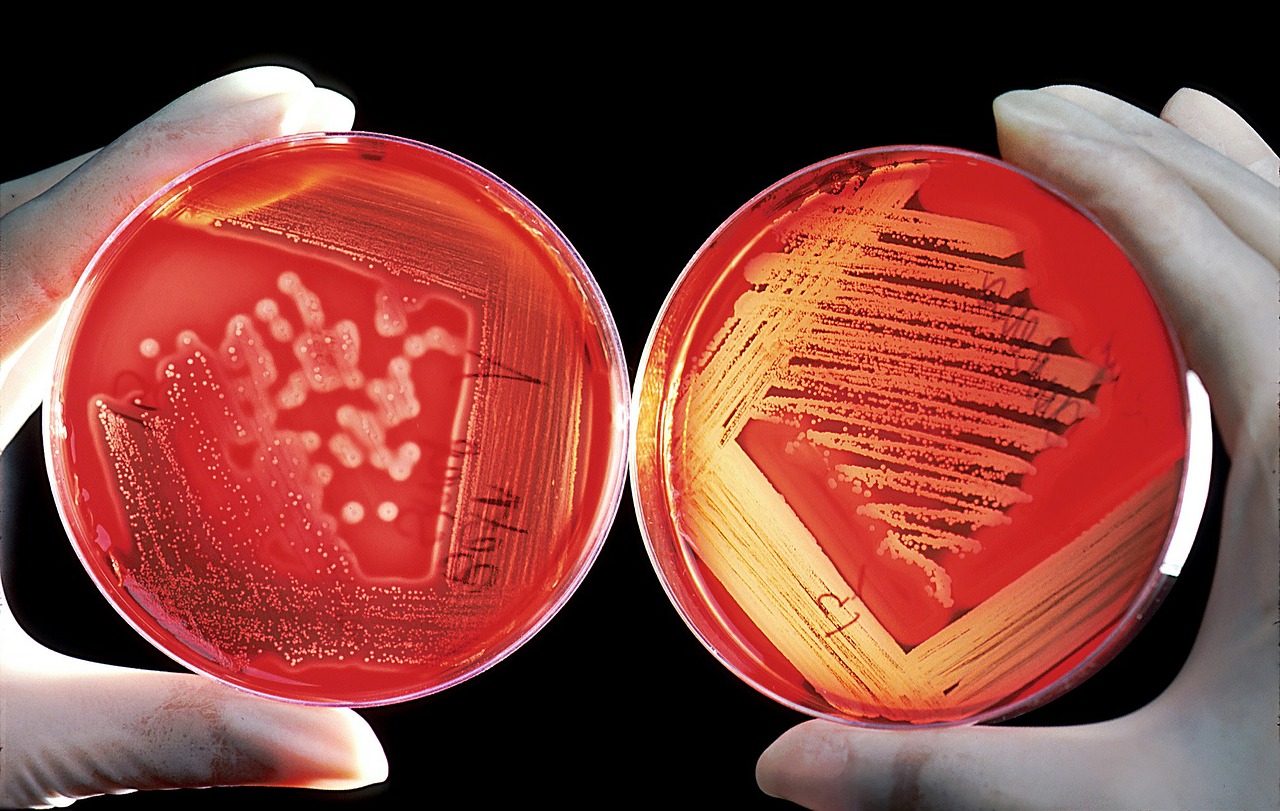
Since penicillin was discovered in 1928, antibiotics have been a potent tool to kill bacteria that makes us ill. But the more antibiotics we use, the better the bacteria have become resistance to these medicines.
At the same time, we have started to travel more and more, which led to bacteria with antibiotic resistance to spread around the world more easily. Another large problem is the use of antibiotics in animal farming.
Resistance increases with time: the faster a bacteria grow, the more sensitive they are to antibiotics and the longer the bacterial infection lasts in the body and causes infection, the less effective antibiotics are.
An Israeli research team has for the first time been able to show how bacteria develop resistance to antibiotics. Mutations occur in the bacteria that makes them resistant to antibiotic drugs. But these bacteria first develop something called ‘tolerance’ before they become resistant. Since ‘tolerant’ bacteria cannot be killed by antibiotics, this increases the risk that their genetic change becomes permanent and all bacteria of the same type becomes resistant.
The process by which bacteria develops tolerance can be broken down into different phases by which some of them slows down their metabolism, and become less active. These bacteria are especially persistent. Their genome has not changed, but because antibiotics can only attack active cells, these cells effectively fly under the radar for the immune system.
Thus, these bacteria evolved to “hibernate” for most of the antibiotic treatment, and this “hibernating mode” not only protected them from the lethal action of the antibiotics but also actually worked as a stepping stone for the later acquisition of resistance factors.
The findings may have important implications for the development of new antibiotics, revealing a possibility to delay the evolution of resistance by using drugs that can also target the tolerant bacteria.
Reference:
Iritis Levin Reisman et al. Antibiotic tolerance facilitates the evolution of resistance. Science, 2017. DOI: 10.1126 / science.aaj2191

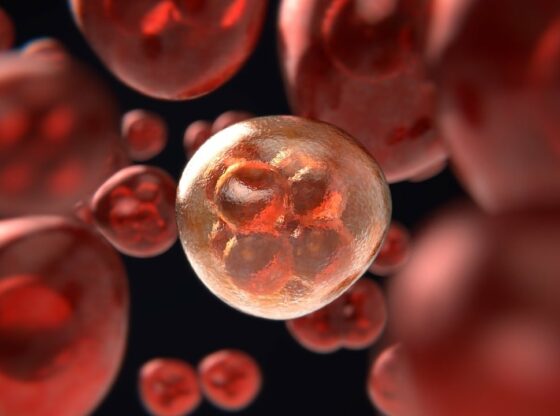


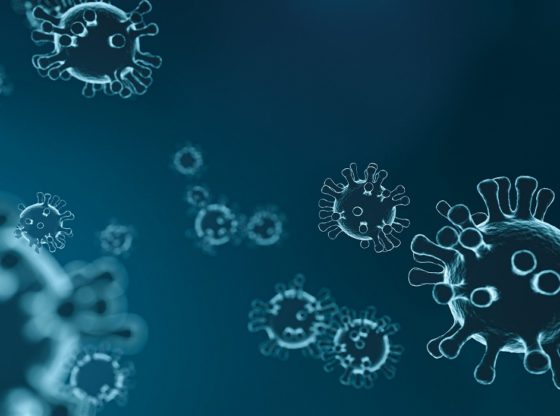
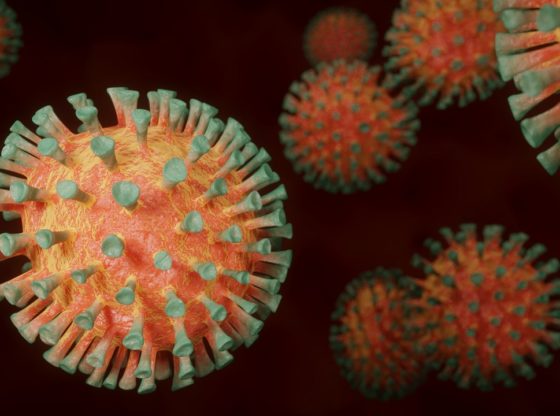
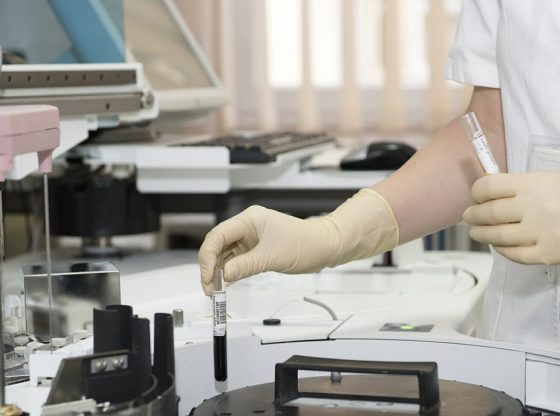
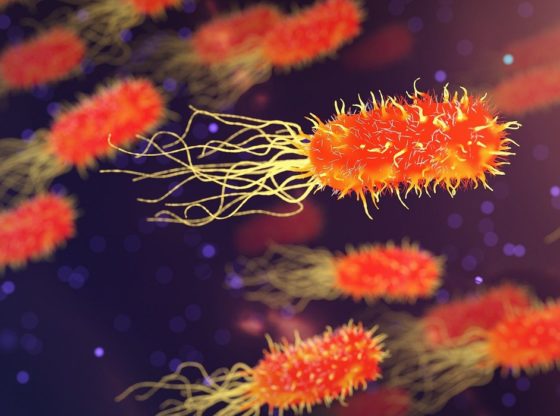
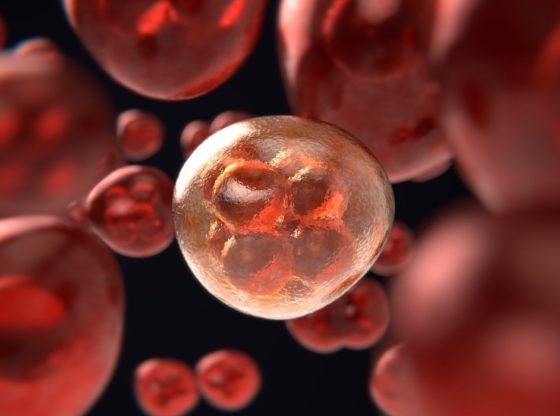


![OpenAI. (2025). ChatGPT [Large language model]. https://chatgpt.com](https://www.illustratedcuriosity.com/files/media/55136/b1b0b614-5b72-486c-901d-ff244549d67a-350x260.webp)
![OpenAI. (2025). ChatGPT [Large language model]. https://chatgpt.com](https://www.illustratedcuriosity.com/files/media/55124/79bc18fa-f616-4951-856f-cc724ad5d497-350x260.webp)
![OpenAI. (2025). ChatGPT [Large language model]. https://chatgpt.com](https://www.illustratedcuriosity.com/files/media/55099/2638a982-b4de-4913-8a1c-1479df352bf3-350x260.webp)








